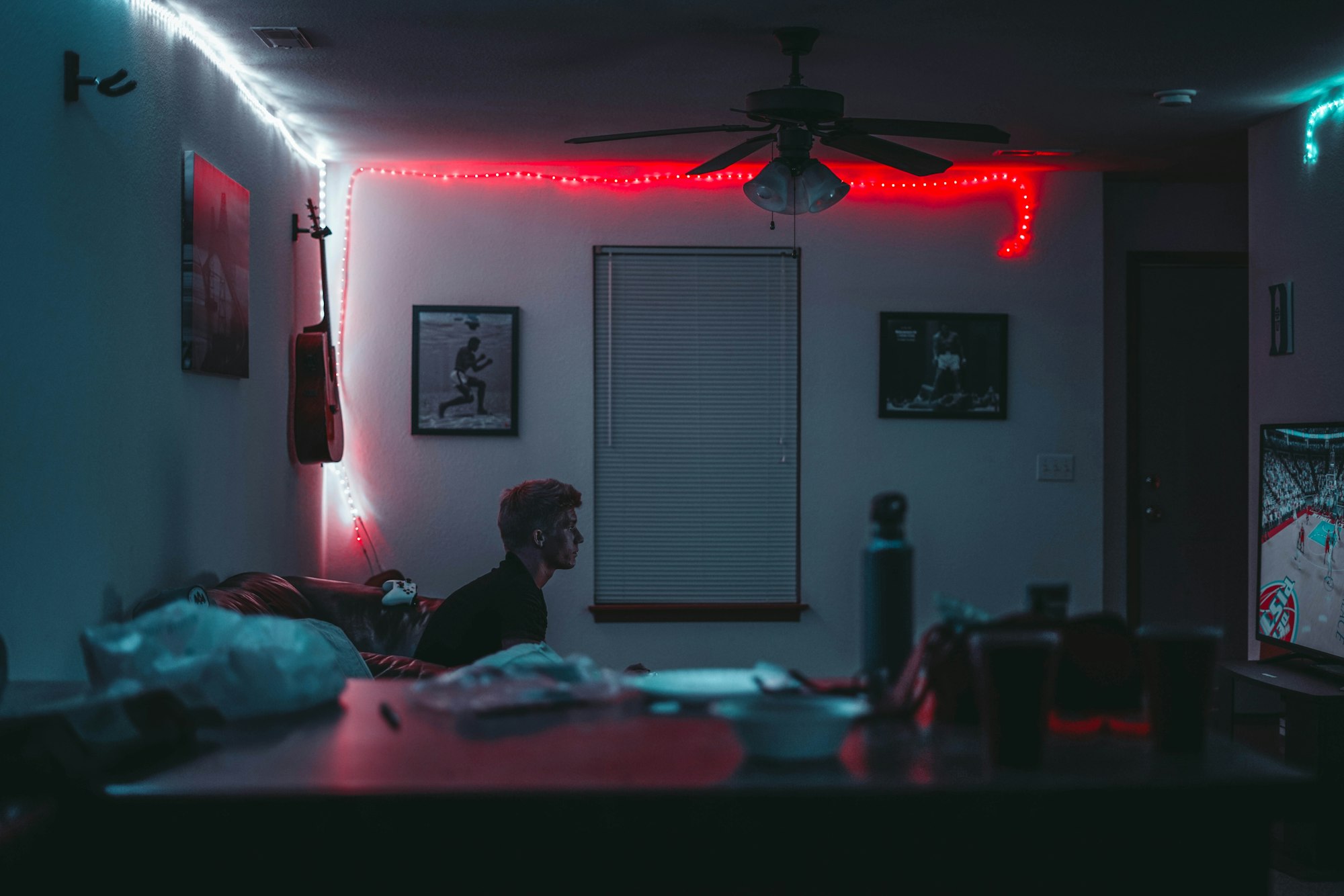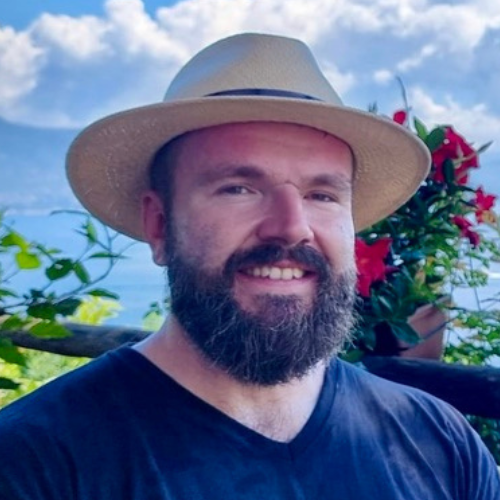Alcohol is not a tool but only a hindrance to your productivity: this is how I got rid of it.

I didn't even think about alcohol in the context of this blog until I read on productivity and self-optimization forums that many people struggle to push alcohol out of their lives as a productivity killer.
From that point of view, I'm not surprised because if you look at hard-working people in corporations, the trades or politics, you find that they often look unhealthy. It's counter-intuitive, but someone who strives to live a productivity-driven lifestyle is often particularly susceptible to unhealthy foods and, indeed, alcohol:
- They spend all their willpower on their craft during the day and have none left in the evening to resist everyday sins like unhealthy, industrially processed food or alcohol.
- They have achieved a lot in the day and want to reward themselves for it in the evening. That's where the saying "Work hard, party hard" comes from.
- They use routines as their strength. However, bad routines, such as drinking beer daily, can manifest into bad habits.
- They may mistakenly think that alcohol is a tool which helps them better wind down or endure social events.

I know all these facts myself personally. In the area where I grew up, "meeting friends" was always synonymous with "drinking beer". It is indoctrinated from an early age that togetherness means that you also drink together. Of course, Friday nights or student parties were not only 1-2 beers but heavy drinking to the drop.
In my 20s -30s, when I was stressed, I would drink 2-3 beers in the evening to capture my wild thoughts and focus on relaxing in front of the TV or PC. And you may guess it, but I was stressed every day, which meant I drank 2-3 beers every night.

I thought it was a tool (calming nerves, smoothing social edges), which is nonsense!
The truth is that alcohol massively hinders your productivity:
- Alcohol is a depressant, which means it slows down your brain function. This can make it difficult to concentrate and make decisions. Not only when drinking but also the day after.
- Alcohol can also make you feel tired and sluggish. It's hard to be productive when you're feeling that way.
- Alcohol makes you forgetful: This can make it hard to keep track of your work and meet deadlines.
- Alcohol makes you anxious: Anxiety is a common side effect of drinking. This can make it hard to focus on your work and be productive.
- Alcohol makes you sick: Drinking leads to hangovers and other health problems. This can make it hard to get out of bed and work.
- Alcohol is expensive: If you buy alcohol every night, it can add up quickly. This money could be better spent on things that will help you be more productive, like a new computer or a gym membership.
Using alcohol as an apparent "tool" in a productivity-driven lifestyle is like driving with the brakes on and should be avoided at all costs. But how?

I got rid of my drinking habits by eliminating the causes.
Alcohol must be considered like a habit, just a bad one, and not a good one like the morning routine. And habits have a trigger - a reason that initiates the execution of an action.
I failed to eliminate my drinking pattern through willpower and discipline. At parties, I would stand bored in the corner, and on the couch, I no longer felt my hoped-for relaxation effects kick in because something was missing, namely the beer.
I thought I was addicted at the time (I was), but I found a sustainable solution that consisted of three elements and got to the root of the problem:
- Deliberate Purpose: I first needed a real reason to stop drinking. For me, the moment had come when I suddenly weighed 120kg, looked in the mirror and couldn't find myself beautiful anymore. That was the cornerstone moment in which I realized that it's not just about living a productivity-driven lifestyle and having a great career but doing it healthily. I had my priorities wrong and felt the energy to want to change and correct them.
- Deliberate Replacement: I have sought a substitute action for my evening beers. I found it by getting a Kindle ebook reader and reading in the evening instead of watching TV. The TV disappeared, and so did the trigger that made me think of beer. Instead, I read books for 1-2 hours before going to bed, which eventually became my new "addiction". Initially unintended, this has also led to a domino effect. Without alcohol, I also went to bed earlier and woke up earlier, and suddenly had free time in the morning with maximum willpower and energy. This allowed me to introduce my morning routine with sports and creativity.
- Deliberate Avoidance: As I said, I first tried to get along without alcohol at parties while my friends were getting drunk. This failed and turned out to be impossible for me. I did find the better approach in the following questions: Why (so many) parties? Why with this circle of friends? I found that both were just a form of procrastination that kept me from working on my real goals in life. The drinking and my old circle of friends were well-known and did not require any change or improvement. It was my comfort zone that I had to leave. And I did. I eventually stopped going to the parties, and the friends were still there, but more at a distance. With these occasions, the reasons to drink alcohol also disappeared. What came was more space (time and energy) to work on myself and my goals: exercising, learning, entrepreneurship and serenity.
The end was a 365-day-challenge not to drink a single drop of alcohol. Nowadays, I drink 1-2 beers now and then on business trips or with friends, but only once every 1-2 months.

To be honest, I have to say that I think I'm just lucky with my genetics in that heavy drinking didn't seem to have made me overly physically addicted, and I just had to eliminate alcohol as a "bad habit".
I can well imagine that this is much more difficult in other cases and situations. I think we should be talking about experiences and inspirations in this regard, especially in the productivity community, because, as I said, I believe that productivity-driven, hard-working people are particularly at risk of addiction, as they put all their willpower into creating things, and then to little is left for itself.
What are your thoughts on this? Feel free to put them in the comments section or give me feedback via the feedback bar on the bottom left of your screen.

Discussion